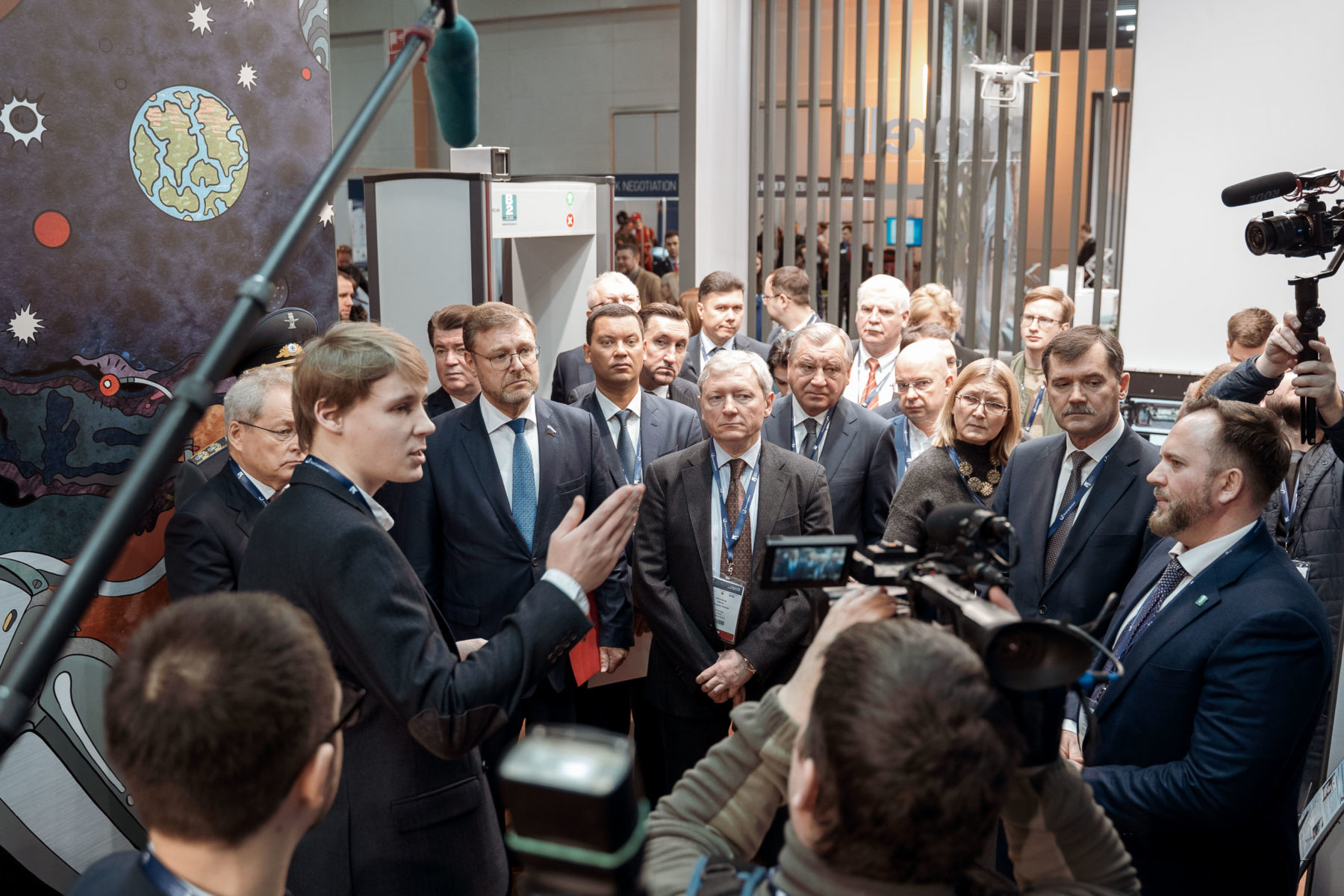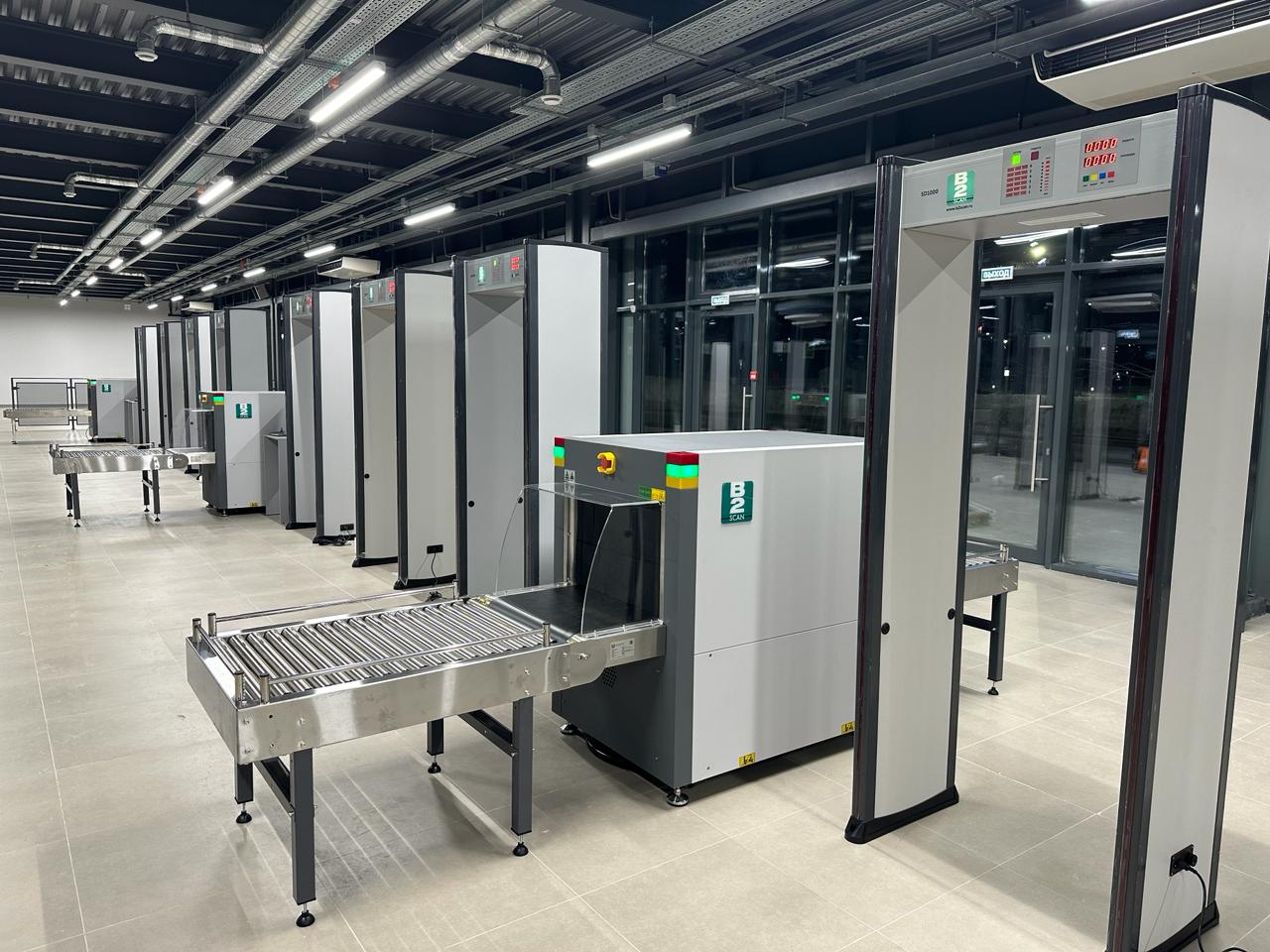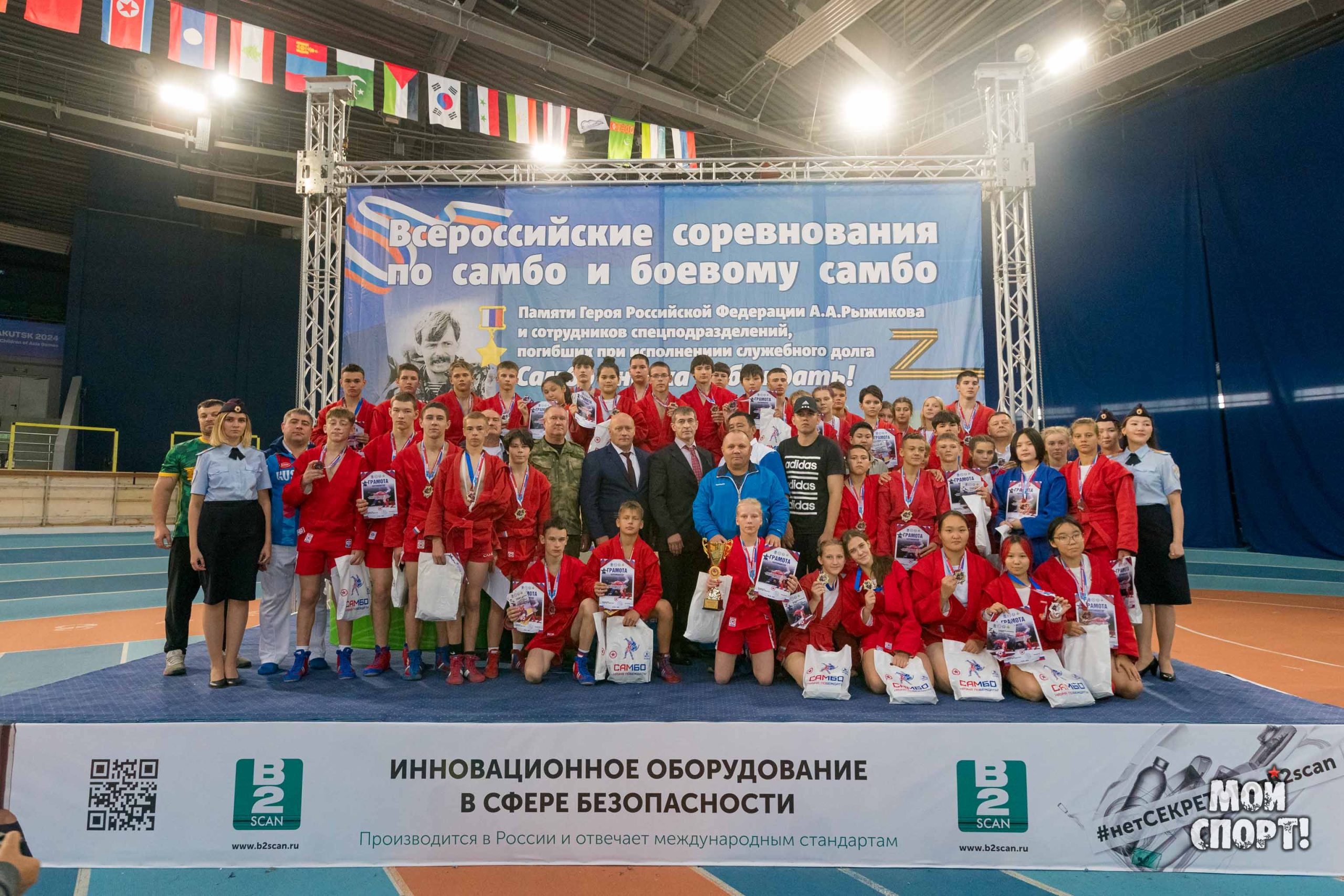
Kaspersky Lab has signed a contract, as a result of which its solution for protecting civilian facilities from drones has acquired its first technology partner. Together, the companies will work to ensure transport security primarily at airports, but also at seaports, railway stations and other transport infrastructure facilities.
Airflot Technics Trading House LLC is becoming the first system integrator of the Kaspersky Antidrone complex. BITUSAN LLC, a developer and manufacturer of innovative technological and inspection equipment, will act as the project’s technology partner. The companies officially announced this on February 5 at the National Exhibition of Civil Aviation Infrastructure NAIS 2020 – a specialized exhibition dedicated to the development of the infrastructure of airports, airfields, helipads and civil aviation.
Integration of such systems can significantly reduce the risks associated with unauthorized intrusion of drones into the territory of transport facilities, which may result in a partial or complete shutdown of the latter. Everyone suffers from such incidents: the carrier, the transport hub, and passengers. For example, a widely publicised case was when two drones blocked operations at Gatwick Airport in the UK for 24 hours in December 2018, resulting in more than a thousand flights being cancelled or delayed on the eve of Christmas.
The relevance of this problem is confirmed by the concern of the Government of the Russian Federation about the issues of registration, accounting and use of the airspace of the Russian Federation by unmanned aerial vehicles, which resulted in amendments to the Air Code of the Russian Federation and the Federal Rules for the Use of Airspace of the Russian Federation, as well as the release of the Decree of the Government of the Russian Federation of 05/25/2019 N 658 “On approval of the rules for accounting of unmanned civil aircraft … produced in the Russian Federation.” Despite the measures taken, experts estimate that ≈ 92% of drones are currently unregistered. Flights of these UAVs are not coordinated with authorized bodies and pose a real danger to aircraft and transport infrastructure.
Software and hardware systems for protection against unmanned aerial vehicles, such as Kaspersky Antidrone, are capable of preventing such threats. This solution is unique in that it includes technology that allows you to determine the position of a drone by a point cloud using a laser scanner and then, using a neural network, quickly and accurately distinguish a drone from an airplane, bird or balloon. Kaspersky Antidrone allows you to coordinate the work of physical modules used to detect and neutralize drones. In addition, this solution allows you to protect an object without harming the drone itself, thanks to the ability to force it to land or return to the takeoff point.

B2SCAN became the implementer of public safety of the international phygital tournament "Games of the Future" in the IEC "Kazan Expo"
B2SCAN LLC has become a supplier of technological solutions to ensure the safety of participants and fans of the International Multisport Tournament “Future Games” in Kazan. The company supplied 72 stationary arched metal detectors, 30 X-ray television installations and 15 mobile systems for inspecting the undersides of vehicles to the Kazan Expo International Exhibition Center. […]
4 March 2024

B2SCAN presented intelligent arched metal detectors at Securika Moscow 2024
From April 16 to 18, 2024, the Crocus Expo IEC hosted 29th International Exhibition of Technical Security Equipment and Equipment for Security and Fire Protection Securika Moscow 2024. The BITUSCAN brand presented new solutions developed in collaboration with the famous Chinese manufacturer Huaton Technology Co. At their exposition, the B2SCAN and Huaton companies presented new […]
19 April 2024

B2SCAN became the general partner of the All-Russian competitions in sport and combat sambo
From September 7 to 8, the Triumph sports complex in the city of Yakutsk (Republic of Sakha (Yakutia) hosted the All-Russian competitions in sports and combat sambo in memory of Hero of Russia Alexander Ryzhikov and special forces officers who died in the line of duty. These days, the Republic has become a center of […]
9 September 2024